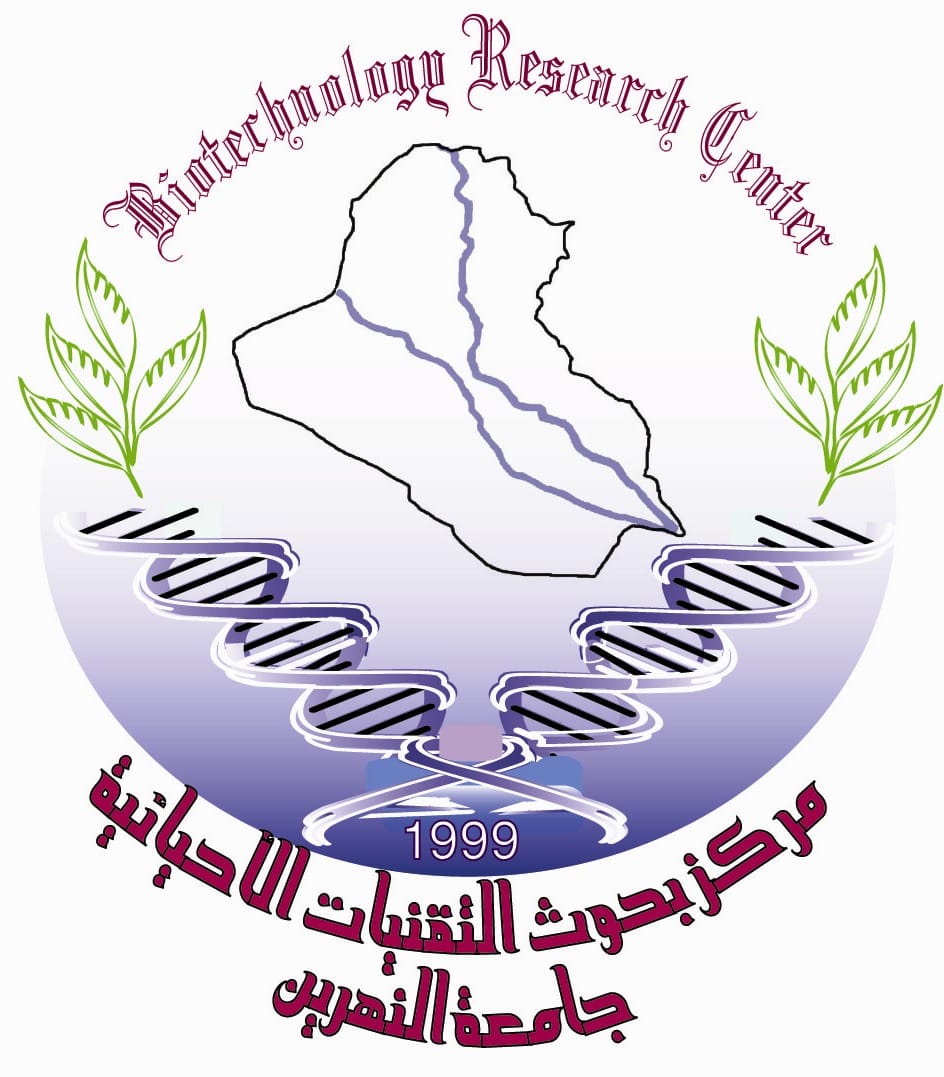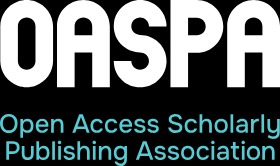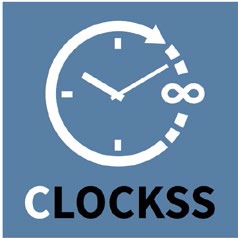Evaluation of hormonal disturbance and DNA damages in azoospermic patients
DOI:
https://doi.org/10.24126/jobrc.2012.6.2.218Abstract
he present study was designed to evaluate the hormonal disturbance and the extent of DNA damage in blood cells and its association with azoospermia. Total of 68 subjects (48 azoospermic patients and 20 age-matched healthy subjects) participated in this study. Certain semen parameters were investigated according to World Health Organization guidelines [8]. Serum testosterone, luteinizing hormone (LH), follicle-stimulating hormone (FSH) and prolactin levels were also determined by enzyme-linked immunosorbent assay (ELISA). DNA damage was determined by using single cell gel electrophoresis (comet assay). It was found that the levels of FSH and prolactin hormones in azoospermic patients were significantly higher than that in healthy subjects (10.30 versus 8.23 m IU/ml for FSH; and 11.02 versus 6.15 ng/ml for prolactin). Comet assay results revealed a significant increase in the length of tail, the mean of comet score(%) and tail lengthening(%) accompanied with a significant decrease in the length of nucleus in azoospermic group versus control group. Data from this study indicate that damage of blood DNA may be important in the etiology of azoospermia and that the comet assay of blood cells may have potential diagnostic value in the evaluation of azoospermia.
Downloads
Published
How to Cite
Issue
Section
License
This is an Open Access article distributed under the terms of the creative commons Attribution (CC BY) 4.0 license which permits unrestricted use, distribution, and reproduction in any medium or format, and to alter, transform, or build upon the material, including for commercial use, providing the original author is credited.











